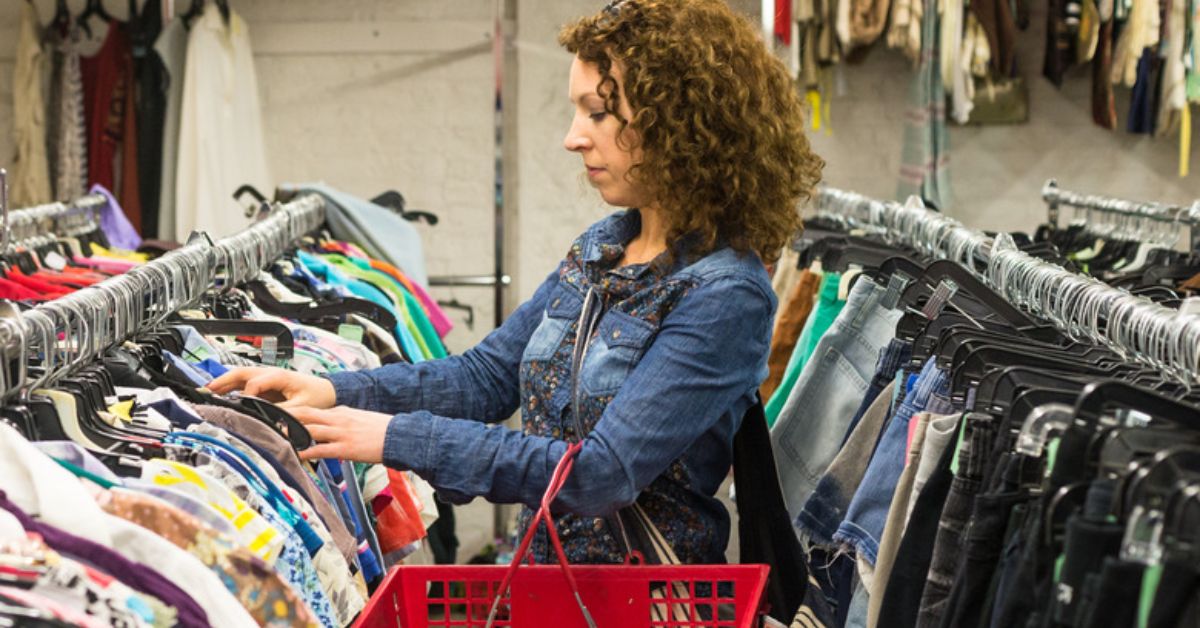When it comes to shopping for clothes, accessories, furniture, and more, many of us have turned to op shops, or second-hand stores, to save money. With increasing popularity, more and more people are turning to op shopping for their purchases rather than buying brand-new items. So what is op shopping and why has the trend taken off in recent years?
Definition of Op Shopping
Op shop, short for ‘opportunity shop’, is a term used in Australia and New Zealand for a charity shop or second-hand store. These stores typically stock second-hand clothing, books, furniture, toys, electronic goods, and more. As well as selling donated items, many op shops also accept donations from customers.
Popularity of Op Shopping
There are several reasons for the increased popularity of op shopping. With the cost of living rising, many people are looking for ways to reduce their expenditures without compromising on quality. Good Sammy Op shops offer quality goods at a fraction of the cost of buying new ones. Moreover, given that op shops are filled with unique and one-off items, shoppers can find something special and different from what is in high street stores.
Benefits of Op Shopping
Cost-Effective
Saving money is one of the main benefits of shopping in op shops. Many second-hand items are sold for a fraction of their original cost so that you can get clothes, furniture, accessories, and more at a much lower price.
Unique Finds
Op shops are full of unique and one-off items that you may not be able to find elsewhere. This is particularly appealing to fashionistas who love to express themselves through their style. Browsing the racks of an op shop is often an adventure and you never know what you might find!
Environmental Impact
In addition to being cost-effective, op shopping also helps to reduce environmental impacts. By reusing and repurposing second-hand items, we reduce the pressure on landfills and conserve natural resources used to make new items.
Reducing Landfill Waste
By choosing to buy second-hand items, we can reduce both the amount of waste sent to landfill each year and also the emissions associated with manufacturing and shipping new products. Most of our household waste comes from new items that are replaced quickly due to wear and tear. By buying second-hand, we can reduce this waste.
Tips for Successful Op Shopping
To find the best deals and unique items, there are several tips you can follow when shopping in op shops. Firstly, set aside plenty of time to browse. Rummage through the racks and take the time to check items thoroughly. Don’t be afraid to haggle! Many op shops are run by charities and you can usually get a better deal by negotiating a price.
Supporting Charitable Causes
When shopping in op shops, you are not only helping yourself but also giving back to the community. The majority of op shops are run by charities and other not-for-profit organizations. The proceeds from sales help these organizations to provide valuable services and support to those in need.
Donating to Charity Shops
As well as buying from op shops, you can also give back by donating your unwanted items or making a financial donation. Most op shops accept a variety of donations including clothing, furniture, books, electrical items, and more.
Conclusion
Op shop shopping is a popular and growing trend, providing numerous economic, environmental, and social benefits. It is a great way to save money, find unique and one-off items, reduce waste, and support charitable causes. Whether you are looking for a special outfit, some retro furniture, or just a bargain, op shopping is definitely worth considering!
Stay in touch to get more updates & alerts on Washington Greek! Thank you



